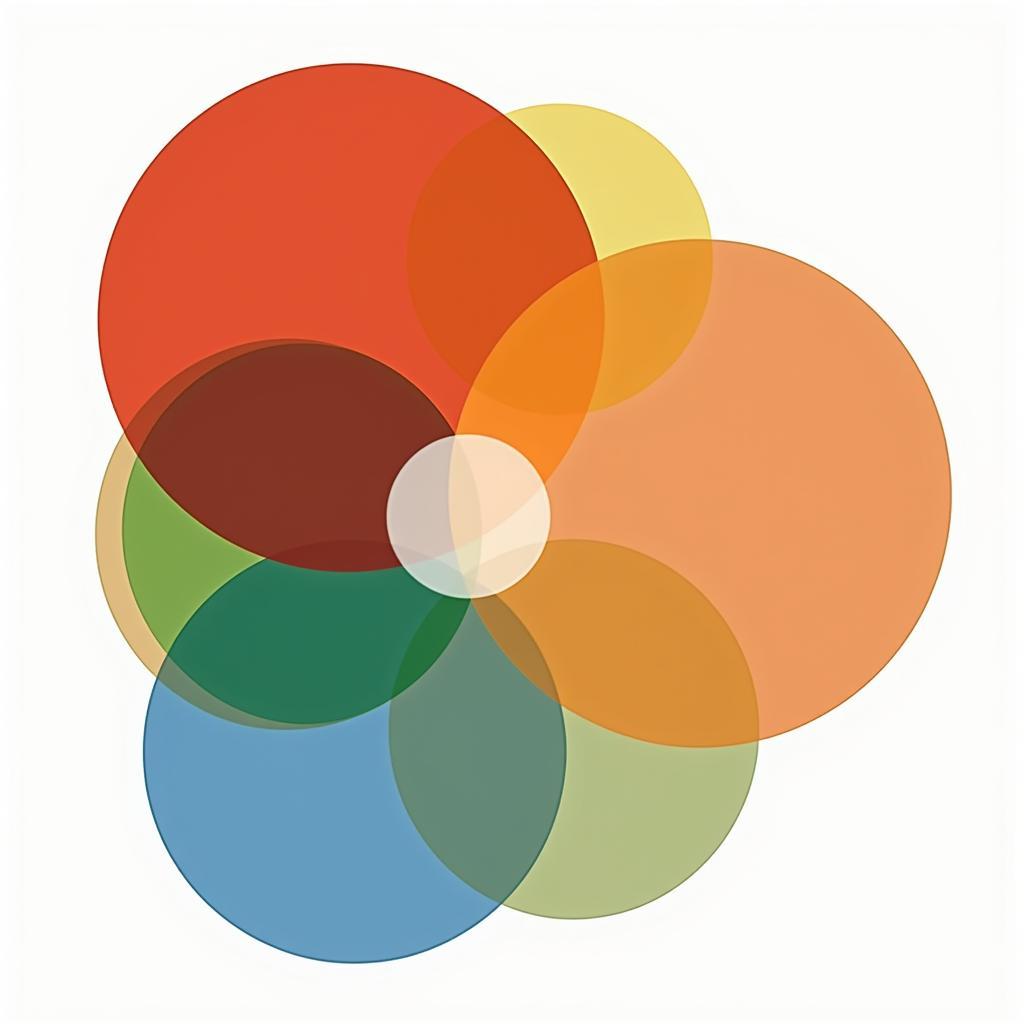African American Arranged Marriages: A Complex Tapestry of Tradition and Modernity
African American Arranged Marriages are a rarely discussed topic, often shrouded in misconceptions and a lack of understanding. This practice, distinct from forced marriages, involves families playing a significant role in partner selection, but ultimately leaves the final decision to the individuals involved. It’s a complex interplay of tradition, cultural values, and modern ideals, influenced by a diverse range of historical and societal factors.
Understanding the Historical Context of Arranged Marriages within the African American Community
Arranged marriages aren’t inherent to African American culture. Instead, their presence can be traced to various influences, including historical practices within specific immigrant communities and the legacy of slavery, which disrupted traditional family structures and made finding suitable partners challenging. In some cases, communities may have adopted modified forms of arranged marriages to ensure social stability and economic security within their groups.
Are African American Arranged Marriages Common Today?
The prevalence of African American arranged marriages today is significantly lower than in some other cultures. While arranged marriages are not a dominant practice, they do exist within certain communities and families who maintain strong ties to traditional values. It’s essential to understand that the practice varies greatly, ranging from introductions facilitated by family members to more structured arrangements where families have greater influence.
The Role of Family and Community
In African American communities where arranged marriages occur, the family plays a crucial role in the process. This involvement stems from a deep-seated belief in the importance of family unity and the preservation of cultural heritage. Family members often act as matchmakers, identifying potential partners based on factors like shared values, religious beliefs, and social standing.
The Difference Between Arranged and Forced Marriages in the African American Context
It’s critical to distinguish between arranged and forced marriages. In arranged marriages, both individuals have the autonomy to accept or decline the proposed match. Consent is paramount. Forced marriages, on the other hand, involve coercion and a denial of choice, a violation of human rights that has no place in a healthy society. While there may be familial pressure in some arranged marriage scenarios, the ultimate decision rests with the individuals involved.
Navigating Modernity: How African American Arranged Marriages Adapt
Today, African American arranged marriages, where they exist, often blend traditional practices with modern sensibilities. The internet and social media play a growing role, with families using online platforms to connect with potential partners for their children. This integration of technology reflects a broader trend of adapting cultural practices to fit contemporary life.
Do Arranged Marriages Lead to Higher Success Rates?
There’s no definitive answer to whether arranged marriages lead to higher success rates than love marriages within the African American community. The success of any marriage, regardless of how it originates, depends on factors like communication, mutual respect, and shared goals.
The Future of African American Arranged Marriages
The future of African American arranged marriages is likely to be shaped by ongoing societal changes and evolving cultural norms. While the practice may continue within some communities, it will likely adapt further to reflect the increasing emphasis on individual autonomy and choice.
What are the cultural considerations in African American arranged marriages?
Cultural considerations vary significantly, often reflecting the specific heritage and traditions of the families involved. These can include religious beliefs, family values, and community expectations.
“Respect for elders and familial guidance are crucial elements often observed in African American arranged marriages,” says Dr. Anika Johnson, a sociologist specializing in family dynamics within African American communities. “These values shape the process and influence the dynamics within the marriage itself.”
Conclusion
African American arranged marriages represent a fascinating intersection of tradition and modernity. While not a widespread practice, understanding its nuances and complexities provides valuable insight into the diverse tapestry of African American culture. By acknowledging the agency of individuals within these arrangements and differentiating them from forced marriages, we can foster a more informed and nuanced perspective on this often misunderstood practice. Understanding the cultural context and the evolution of this practice is key to appreciating its role in the lives of those who choose this path. For further information and support regarding cultural practices and family matters, please contact us.
FAQ
- Are all arranged marriages forced marriages? No, consent is key in arranged marriages, distinguishing them from forced marriages.
- How common are arranged marriages in the African American community? They are less common than in some other cultures.
- Who typically chooses the partner in an arranged marriage? Family members play a role, but the individuals have the final say.
- What factors are considered in partner selection? Shared values, religion, and social standing are often considered.
- Do arranged marriages have higher success rates? There’s no definitive answer; success depends on various factors like communication and respect.
- How are modern technologies impacting arranged marriages? Online platforms are increasingly used to connect potential partners.
- Where can I learn more about African American cultural practices? Contact us for further information and resources.
Common Scenarios and Questions
-
Scenario: A young African American woman feels pressured by her family to accept an arranged marriage.
-
Question: What resources are available to individuals facing pressure in arranged marriage situations?
-
Scenario: An African American couple considering an arranged marriage wants to learn more about premarital counseling.
-
Question: Where can couples find culturally sensitive premarital counseling services?
Further Exploration
Explore our articles on related topics such as:
- Building Strong Family Relationships
- Navigating Cultural Differences in Relationships
- Understanding Healthy Communication in Marriage
Contact us for support: Phone: +255768904061, Email: kaka.mag@gmail.com, or visit us at Mbarali DC Mawindi, Kangaga, Tanzania. We have a 24/7 customer service team.

